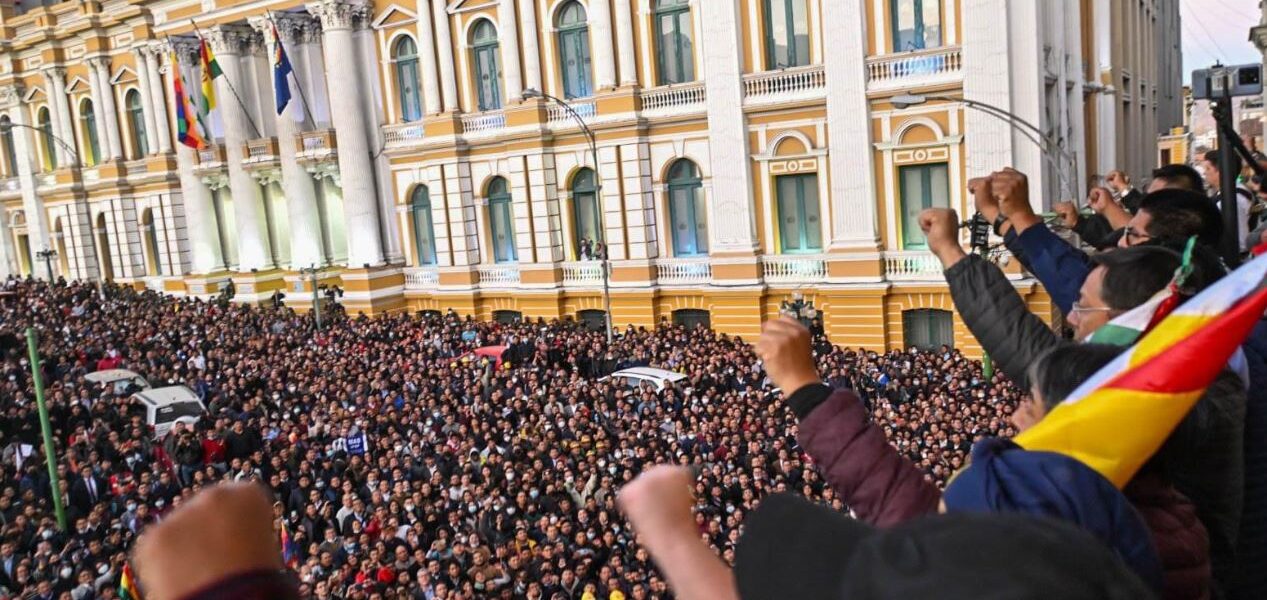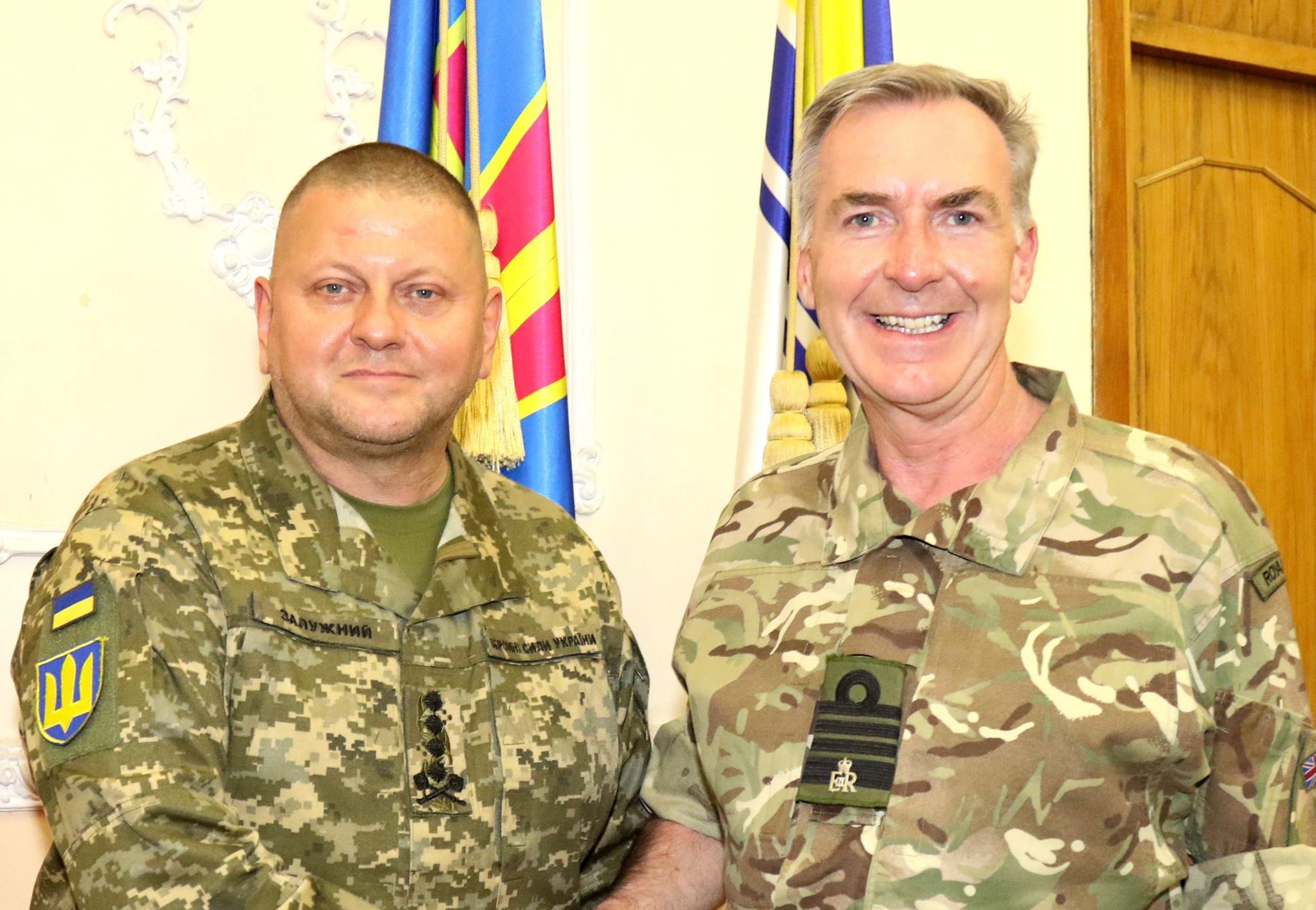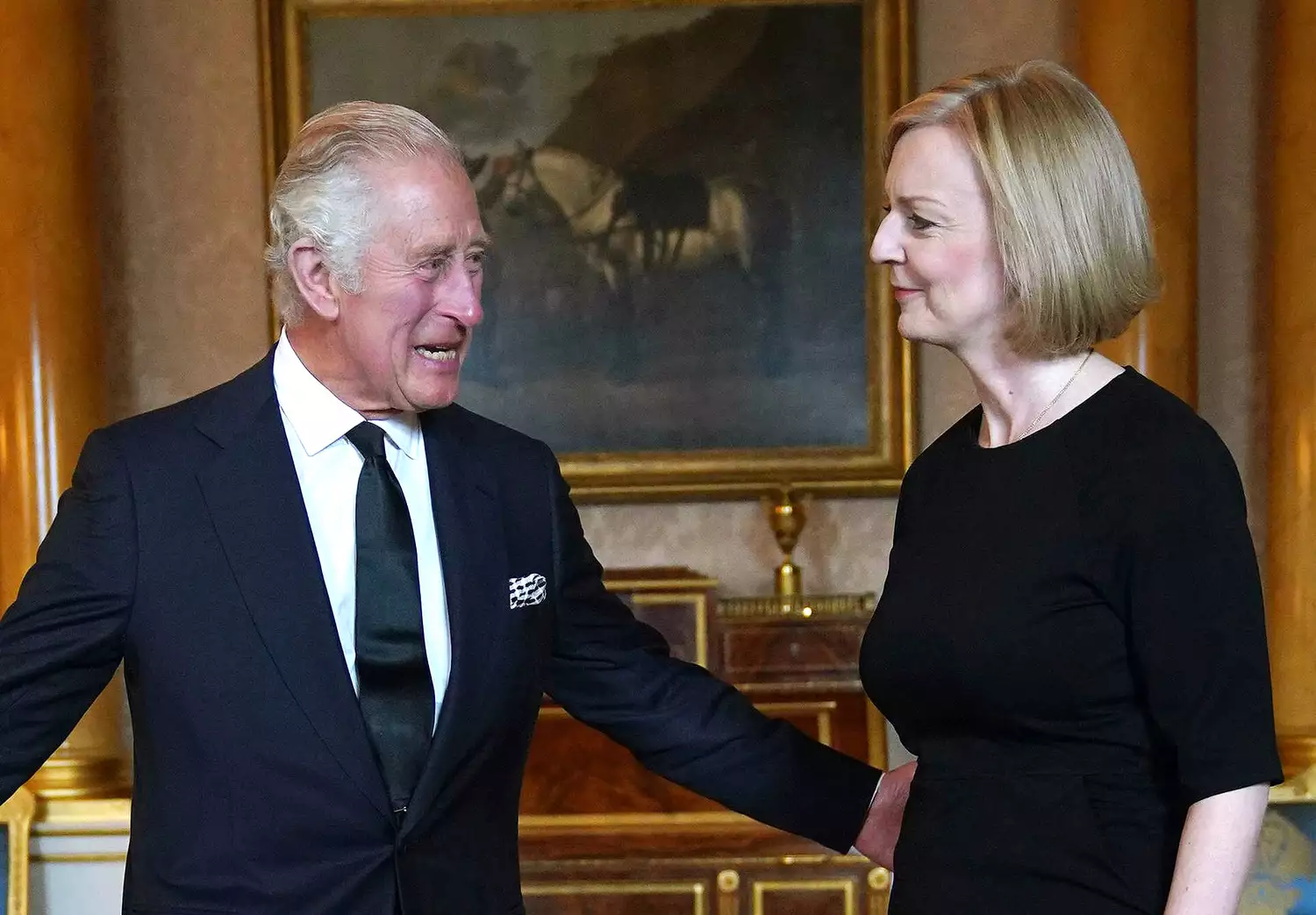
Bolivian authorities have arrested General Juan José Zúñiga after armoured vehicles rammed the doors of the government palace in La Paz.
The rebellion, led by Zúñiga, aimed to overthrow President Luis Arce’s government under the guise of “restoring democracy.” However, the insurrection quickly unravelled, with Zúñiga’s forces pulling back after just three hours.
President Arce condemned the move as an “irregular mobilisation,” and the country’s former President Evo Morales called it a “coup.”
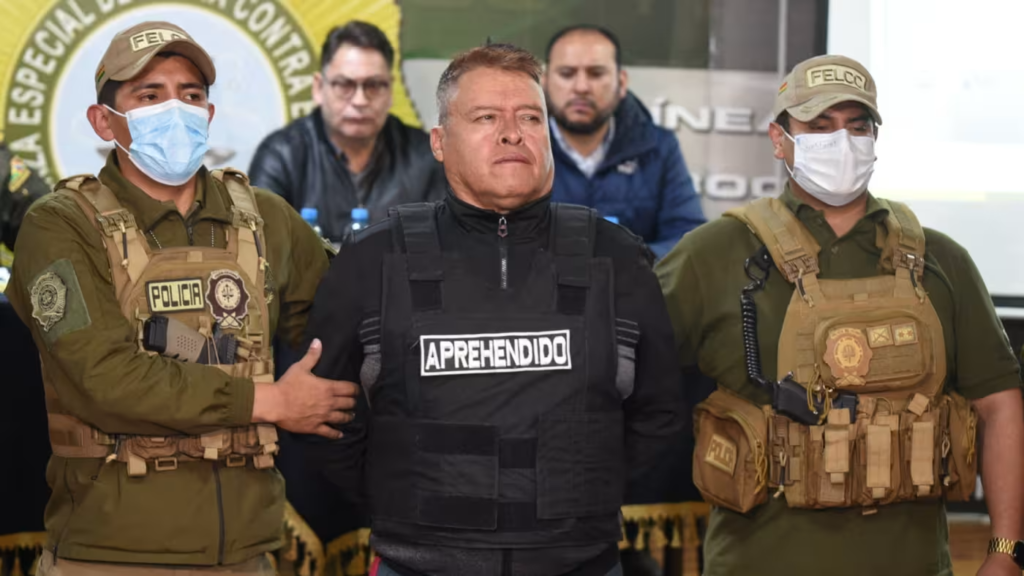
The BBC characterised the attempt as “a short-lived and ill-judged military uprising rather than any wider unravelling of power.” Despite its failure, the coup has raised concerns about whether it was an isolated incident or a sign of potential future threats to Arce’s administration.
During the brief takeover, Zúñiga declared his intention to “restructure democracy,” but Arce swiftly appointed a new army commander who ordered the troops to stand down.
Soldiers and military vehicles retreated, and hundreds of Arce’s supporters gathered outside the palace, waving flags, singing the national anthem, and cheering in support of the president.
Government Minister Eduardo del Castillo announced the arrests of Zúñiga and former Navy Vice Admiral Juan Arnez Salvador, stating that the goal of the coup was to overturn the democratically elected authority.
The attempted insurrection came amid ongoing tensions between Arce and Evo Morales, over control of the ruling party, as well as a severe economic crisis gripping the nation.
Zúñiga’s coup attempt highlights the deep political divisions in Bolivia, particularly between the regions that support left-wing governments and those that have historically backed rightist and military leaders.
The rebellion also underscores the growing rift between supporters of Arce and Morales, who have increasingly criticised Arce’s government.
Footage on state television shows Zúñiga being captured and forced into a police car outside a military barracks.
Deputy Interior Minister Jhonny Aguilera told the general: “You are under arrest.”
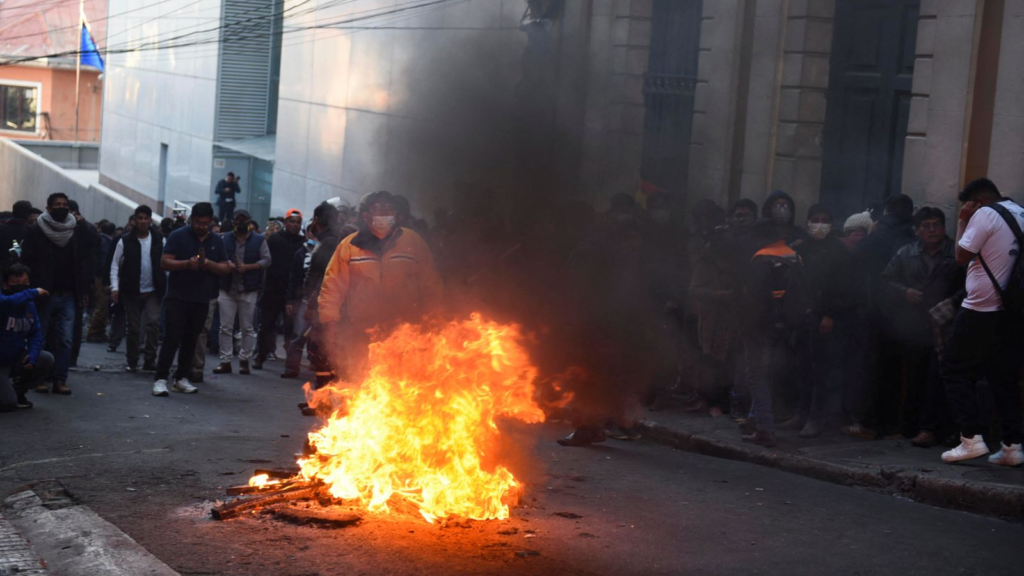
Zúñiga alleged that President Arce himself had instructed him to storm the palace in a political move to boost Arce’s sagging approval ratings, a claim that adds another layer of complexity to the turmoil. He said: “The president told me: ‘The situation is very screwed up, very critical. It is necessary to prepare something to raise my popularity’.”
Despite the coup attempt, political analyst Carlos Toranzo suggests that Arce’s government could emerge strengthened from the ordeal.
He told Bloomberg: “The government emerges strengthened from this,” noting that Arce might use the incident to address demands from various social sectors more effectively.
Dr. Irene Mia told National Security News (NSN) that Bolivia’s failed coup comes at a time of extreme political and economic instability in the country amid escalating tension within the ruling MAS party between the former president Luis Arce and former president Evo Morales.
She said: “Morales has ambitions to run again for president in 2025 against Arce’s wishes and has been mobilising social discontent with the economic crisis, while using his leverage in Congress to undermine Arce’s agenda.
“The coup in the short term has rallied the MAS and the opposition around the president and the defence of democratic institutions, incidentally, showing the strengths of the latter.
“Arce’s decisive actions (including his firm confrontation inside the Presidential palace with coup instigator General Juan Jose Zúñiga, the commander of Bolivia’s armed forces) will provide him some popularity boost in the short term.
“However, the bizarre mention by Zúñiga that Arce had supported the coup to boost his political position may be used against him by the opposition, including by Morales. The underlying issues, including a collapsing economy and tensions with Morales, are not likely to go away and will continue to dominate the run up to the elections next year.”
This failed coup underscores the fragile state of Bolivia’s political landscape and the significant challenges facing Arce’s administration. As the country grapples with economic and political instability, President Arce’s resilience and strategic responses will be crucial in ensuring the stability of Bolivia’s democratic governance.

